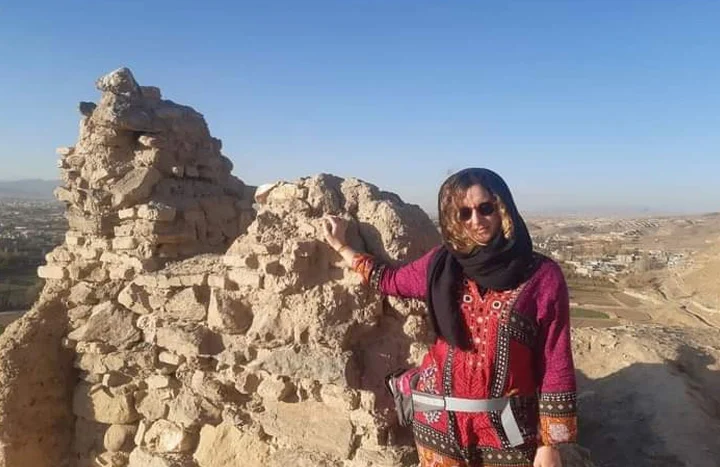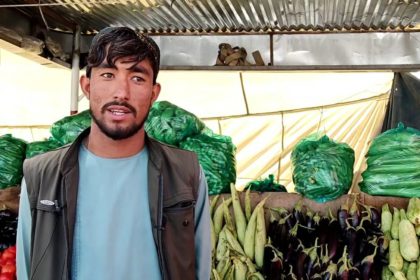RASC News Agency: Nearly four years into the Taliban’s return to power, Afghanistan remains a deeply challenging destination for international tourism. Despite scattered efforts by the regime to portray the country as open for visitors, serious obstacles continue to deter many travelers most notably, the increasingly draconian restrictions on women’s rights. International observers identify Afghanistan as an environment hostile to gender equality, where women, including foreign tourists, face a repressive and deeply patriarchal social order. A recent report by the Associated Press highlights this stark reality. While a handful of adventurous foreign tourists have visited Afghanistan since 2021, many others especially women have deliberately avoided the country, citing the Taliban’s systematic oppression of women as fundamentally incompatible with their ethical beliefs and values.
Under Taliban rule, women in Afghanistani society have been denied access to education, employment, free movement, and leisure. These severe restrictions have made travel to Afghanistan not merely logistically difficult, but ethically troubling for foreign visitors. The Taliban’s aggressive gender apartheid has turned Afghanistan into one of the most hostile environments in the world for women locals and tourists alike. Paradoxically, the Taliban continue to promote the arrival of foreign tourists as a signal of stability and legitimacy. Yet the claim of “security” under Taliban rule is contradicted by the persistent threat of violence. The danger is not only embedded in the regime’s brutal enforcement of its ideology but also in the looming presence of terrorist groups like ISIS, which continue to operate within Afghanistan’s borders with relative impunity.
One of the most tragic examples occurred last year in Bamiyan, where a group of foreign tourists was ambushed in a deadly terrorist attack. Several were killed, highlighting the very real risk to travelers, regardless of Taliban assurances. Nevertheless, the Taliban have opportunistically welcomed select foreign influencers and controversial entertainment figures to craft a false image of openness. These orchestrated visits, widely criticized by human rights defenders, are viewed as cynical propaganda aimed at whitewashing the regime’s egregious record of human rights abuses.
Although Afghanistan’s breathtaking landscapes and rich cultural heritage still attract a few thrill-seekers and niche travel bloggers, for many others, visiting the country has become an ethical dilemma. Under Taliban rule, what was once a journey of cultural exploration is now tainted by the regime’s repression, gender-based discrimination, and the overarching climate of fear. In sum, Afghanistan under the Taliban is not a destination for free-minded global citizens, especially women. It is a nation where adventure tourism collides with state-enforced misogyny, and where the allure of the ancient Silk Road has been eclipsed by the shadow of authoritarian brutality.






